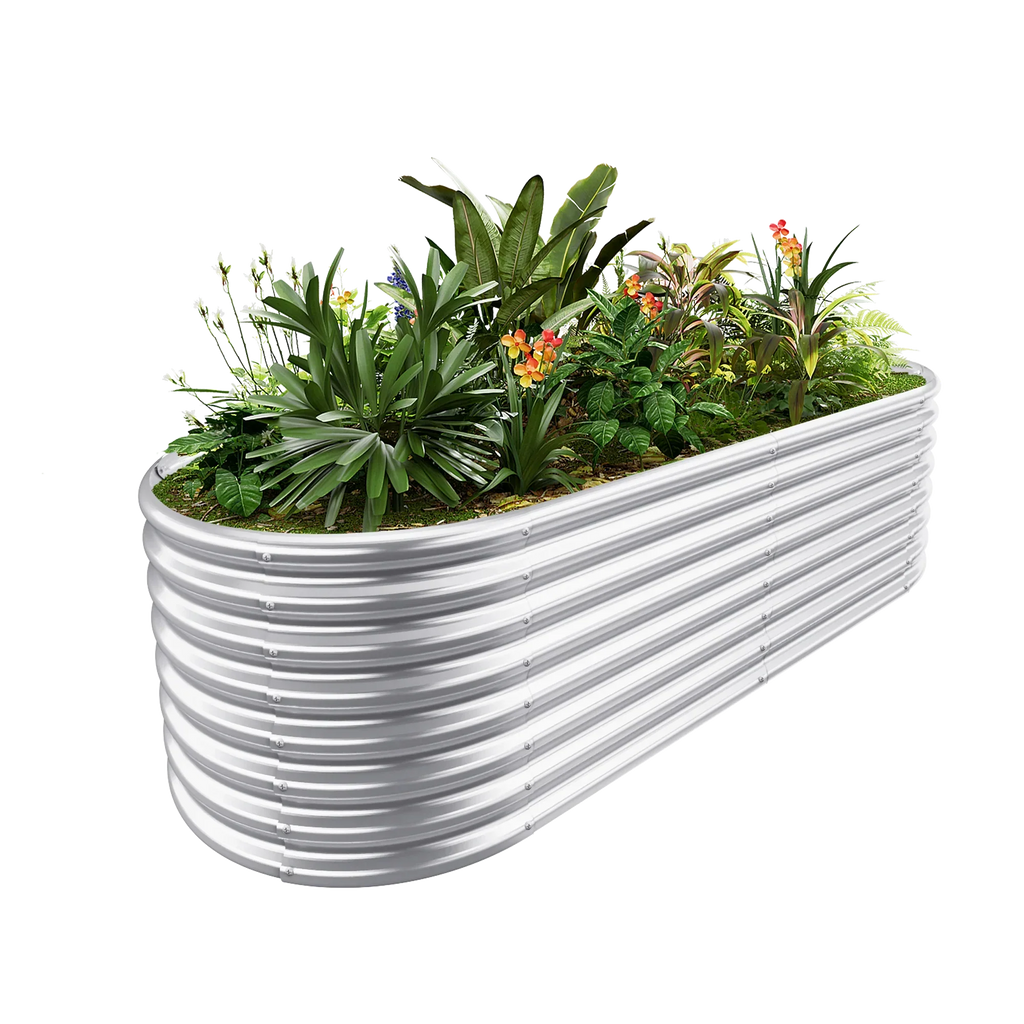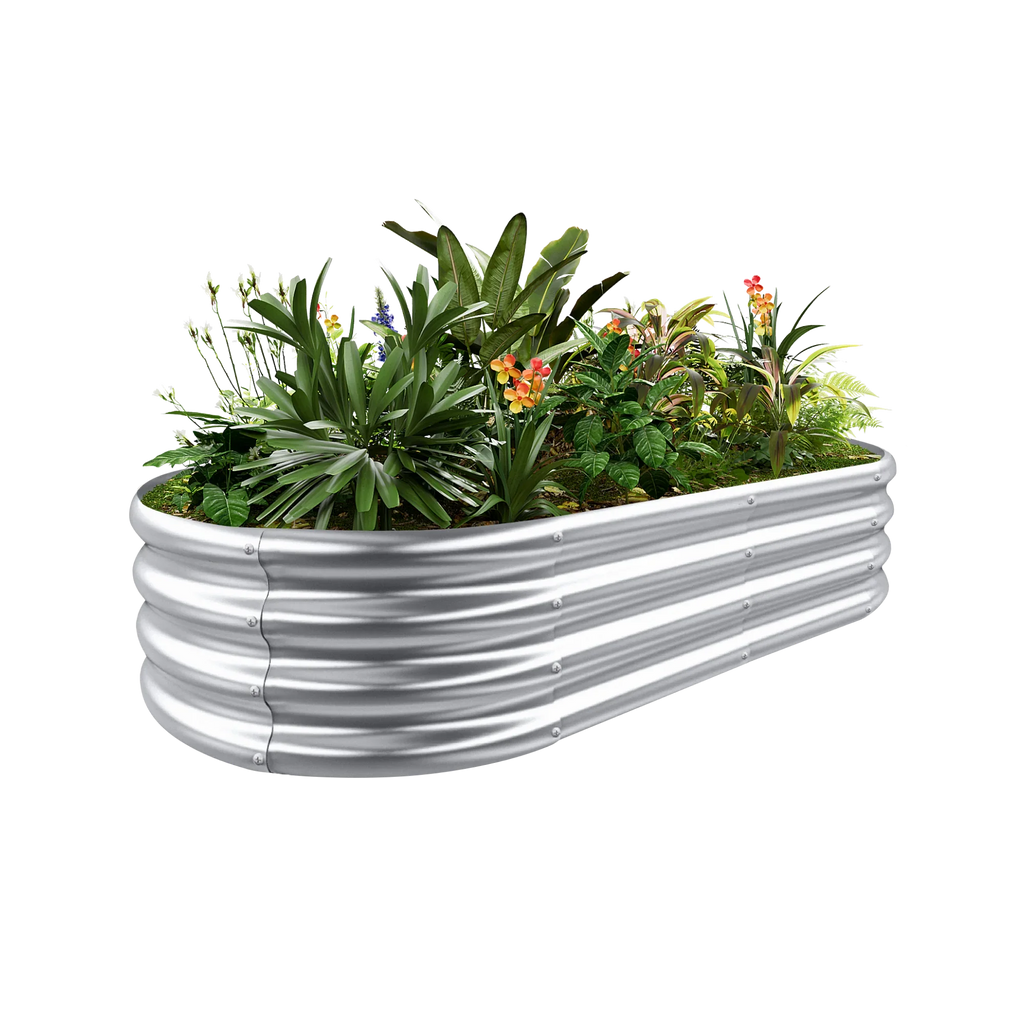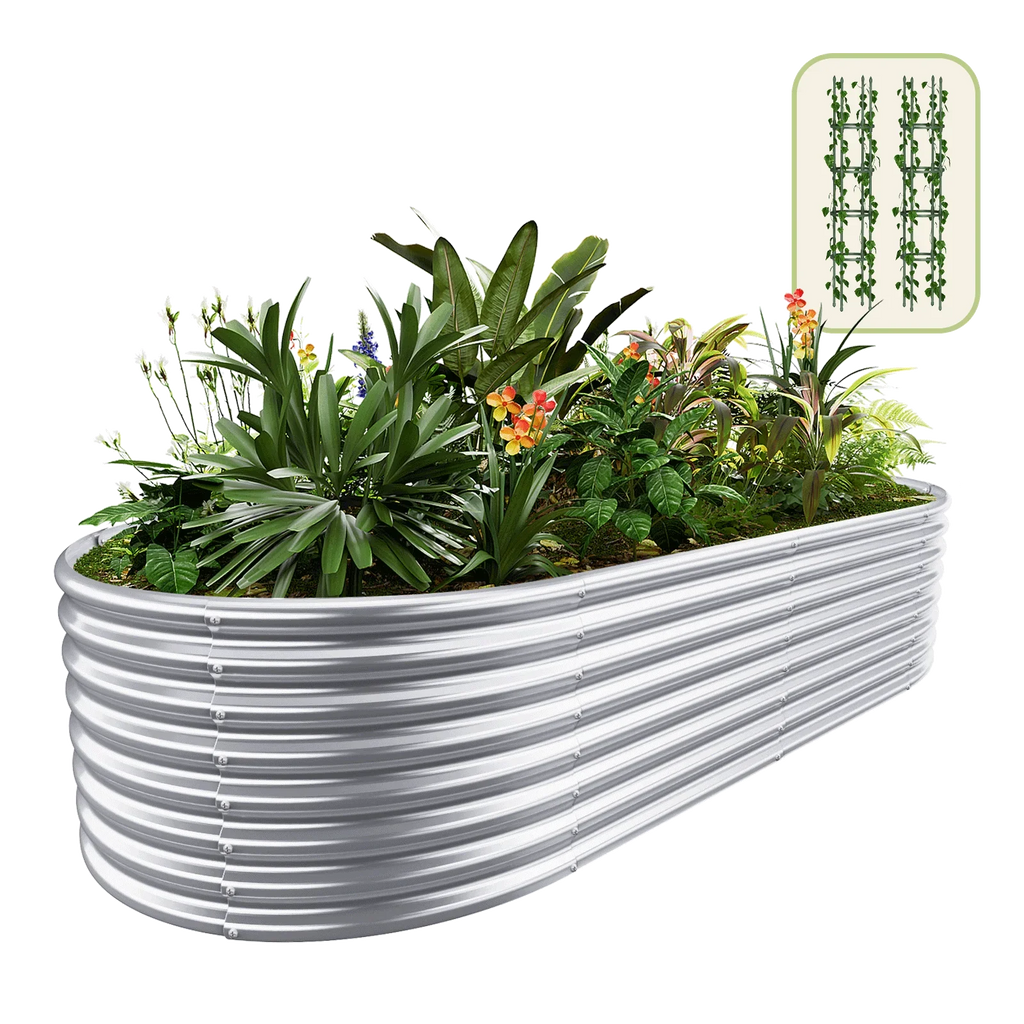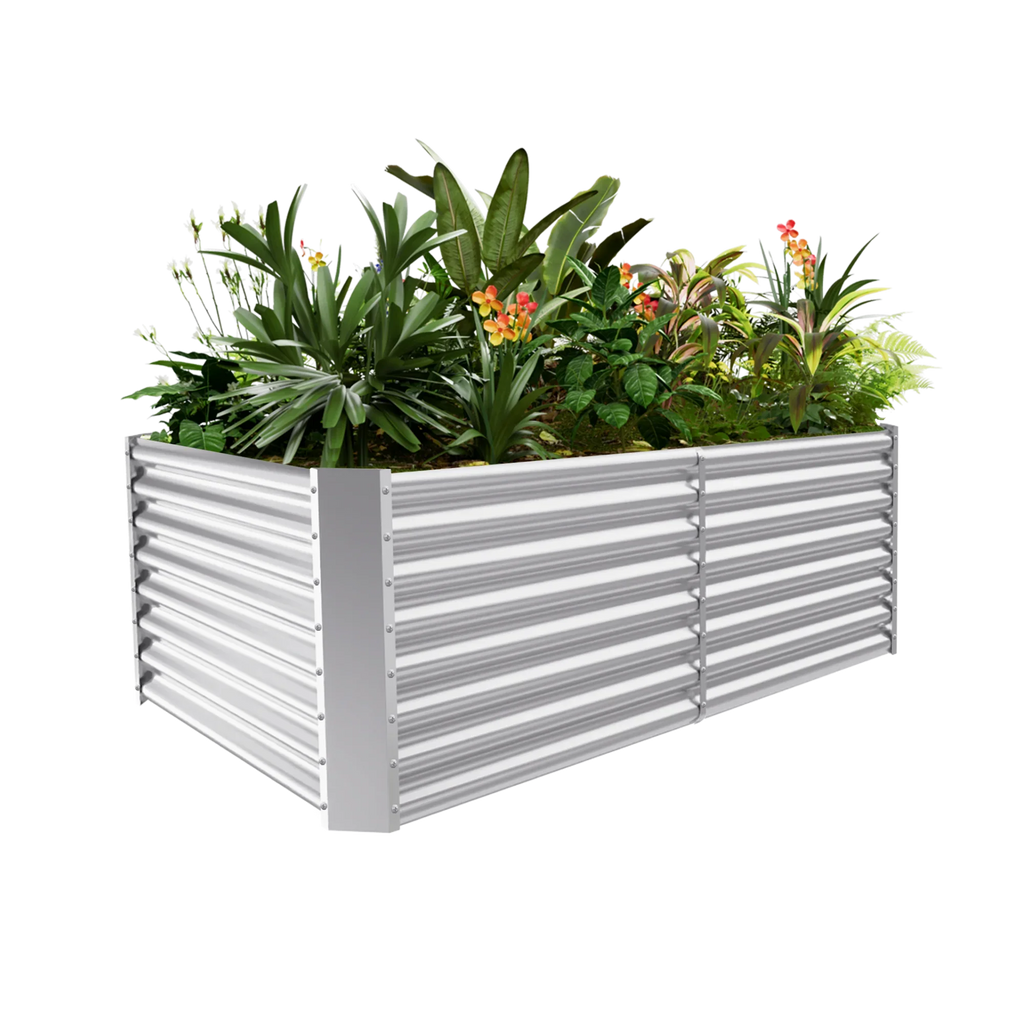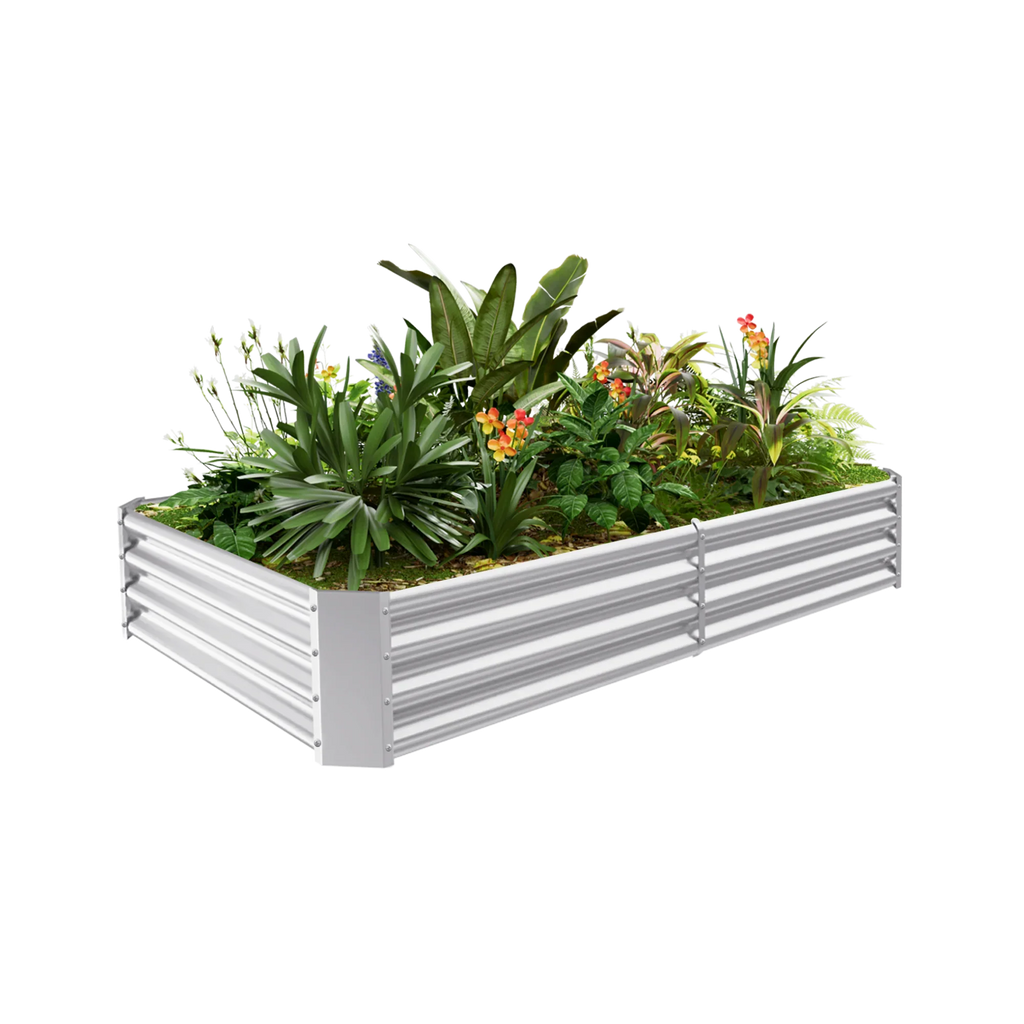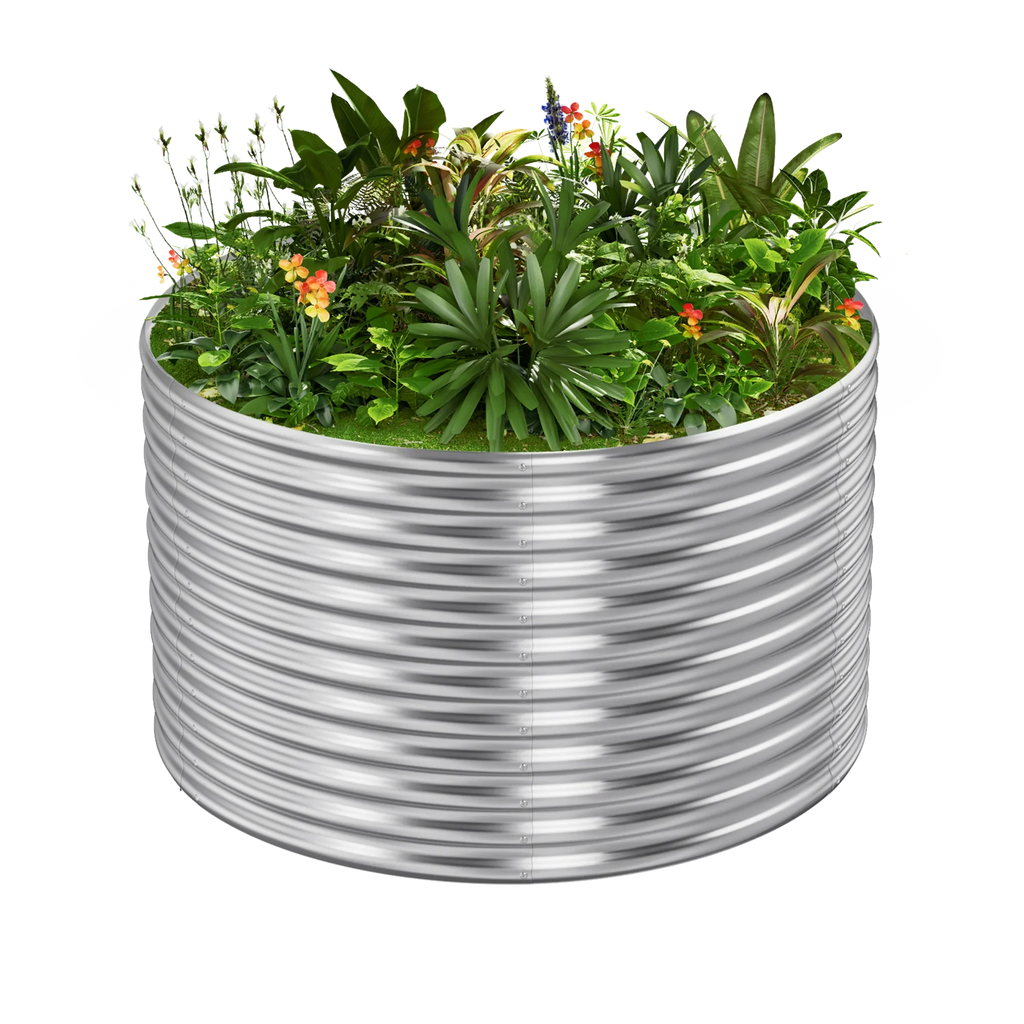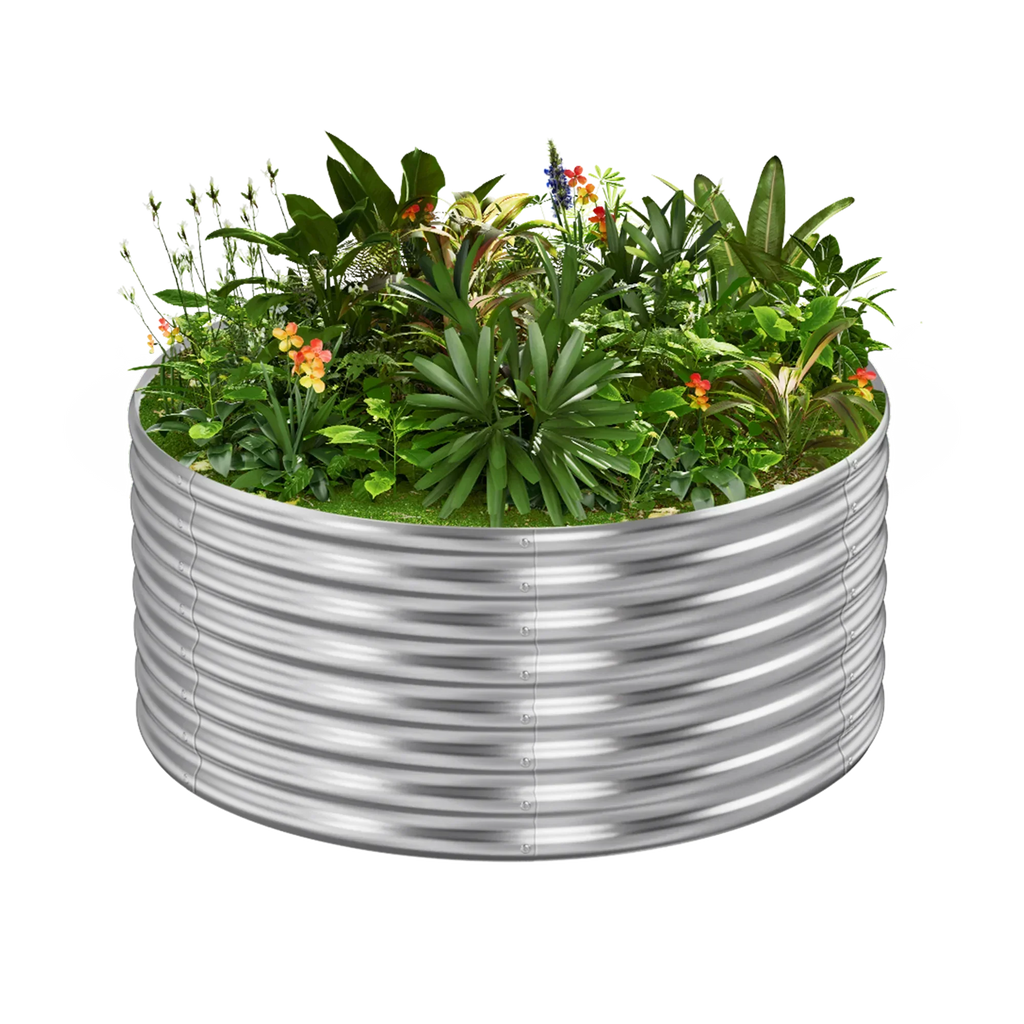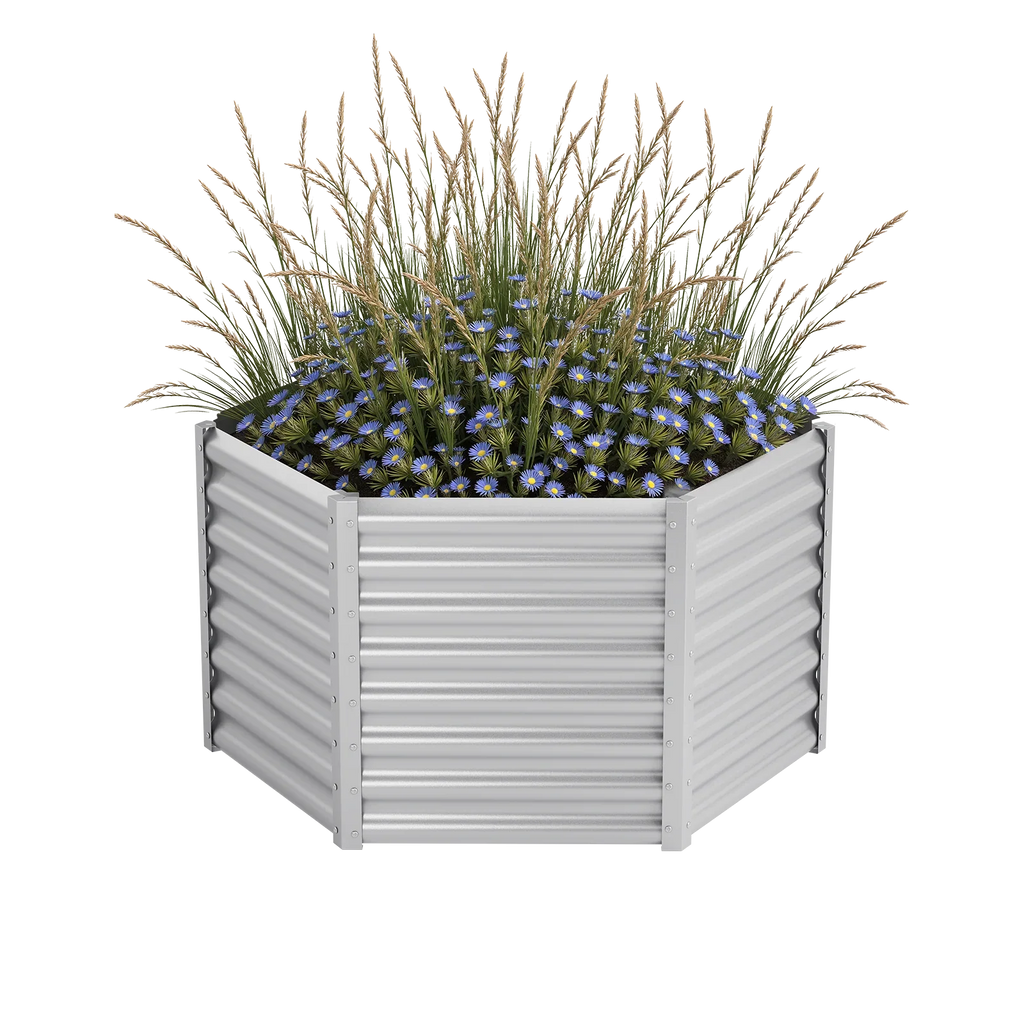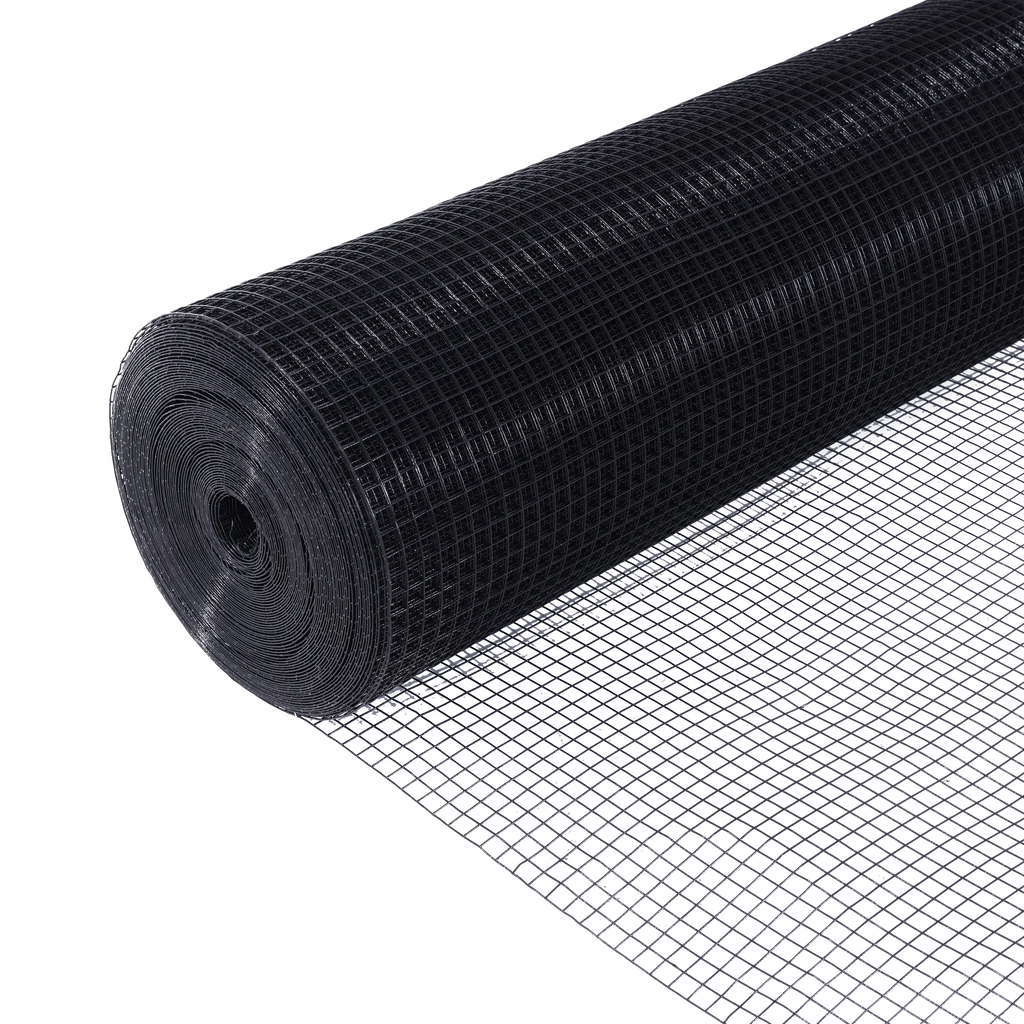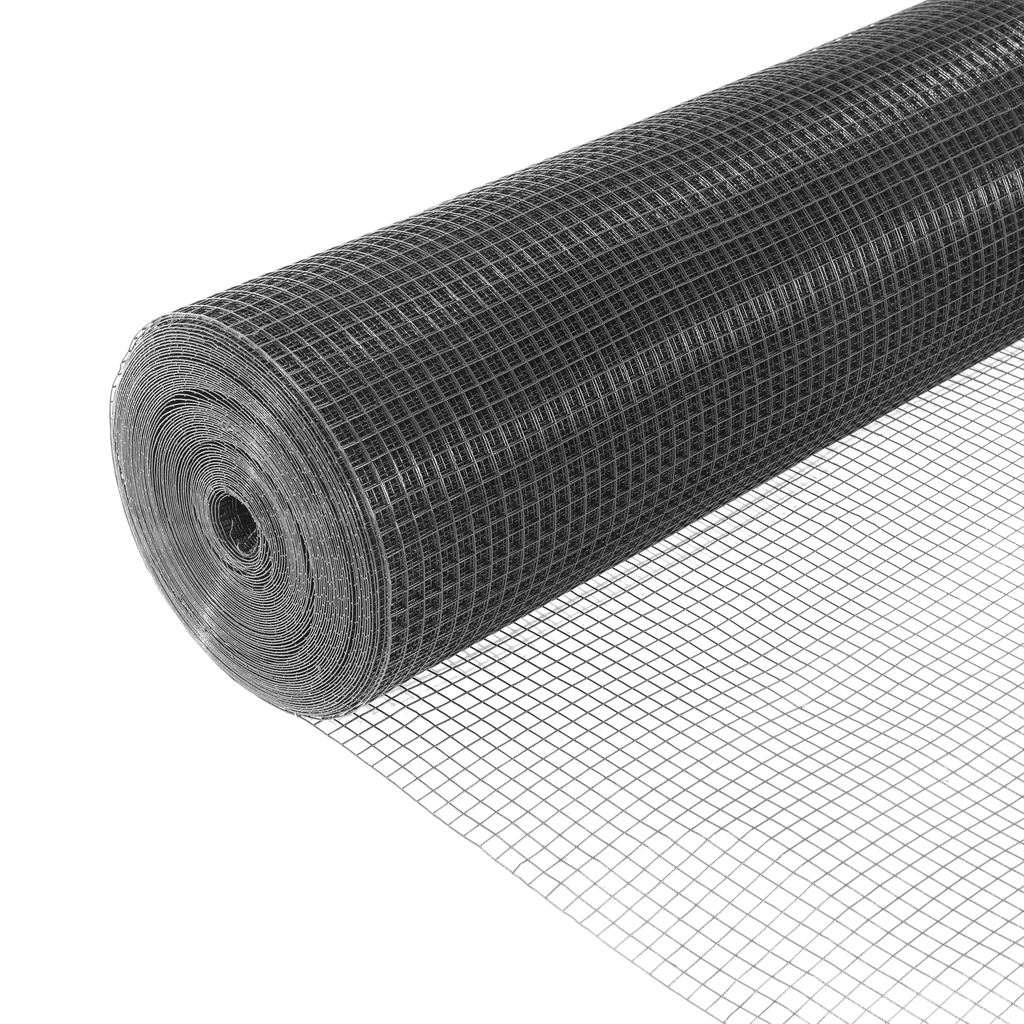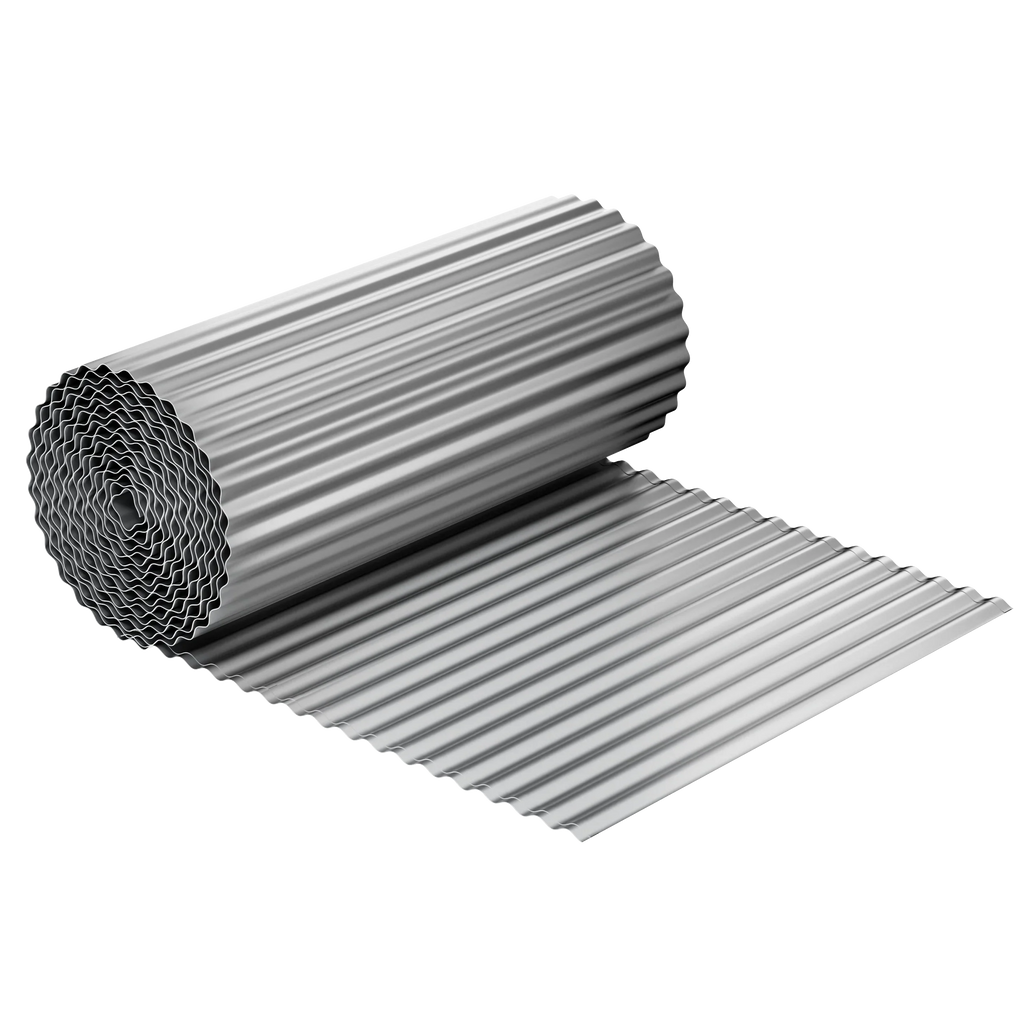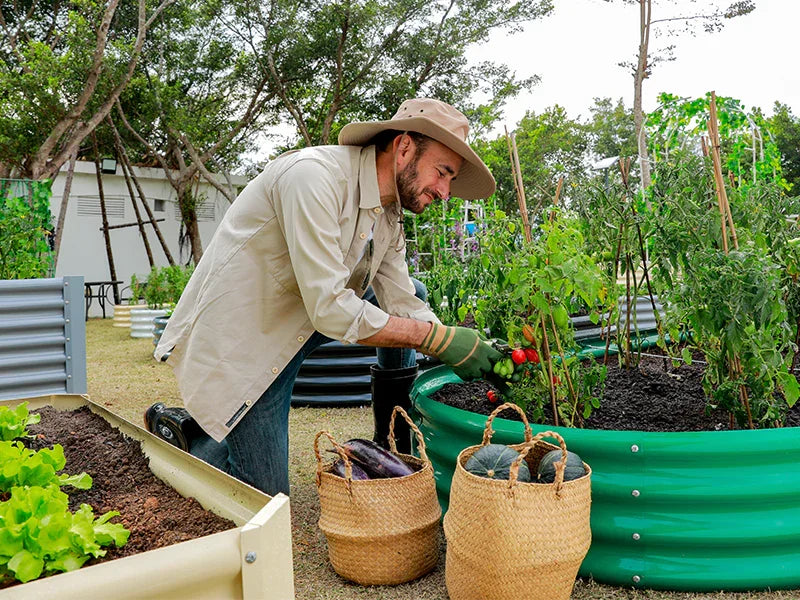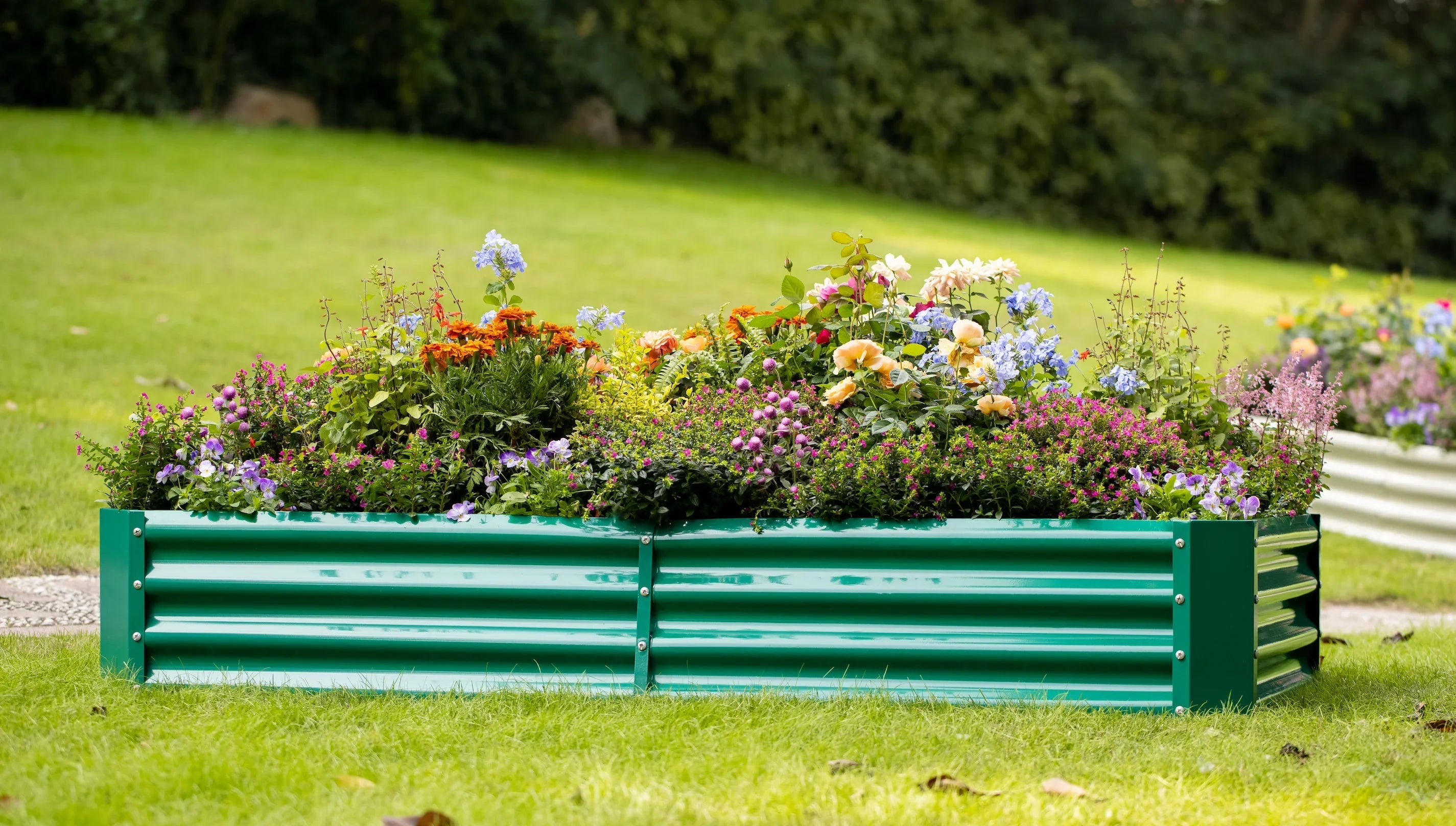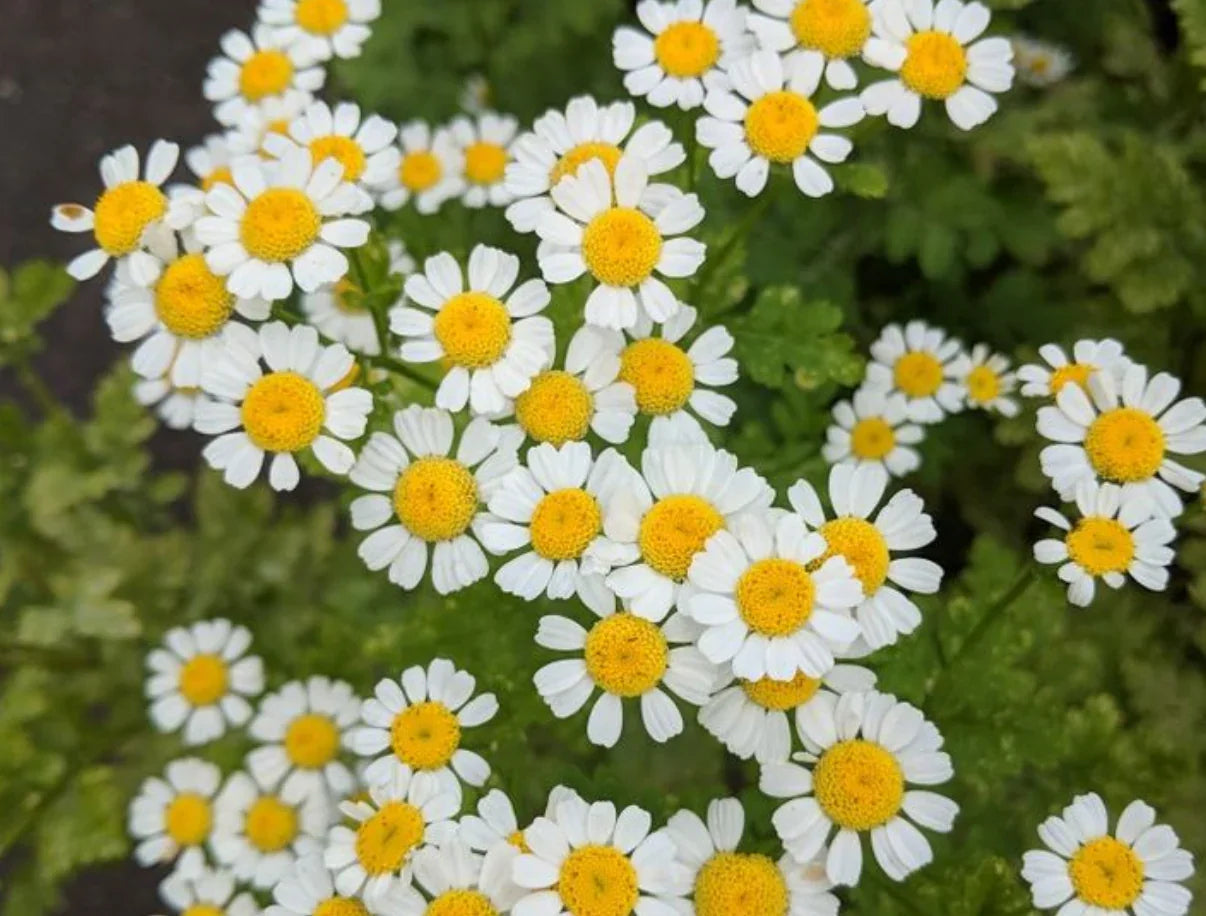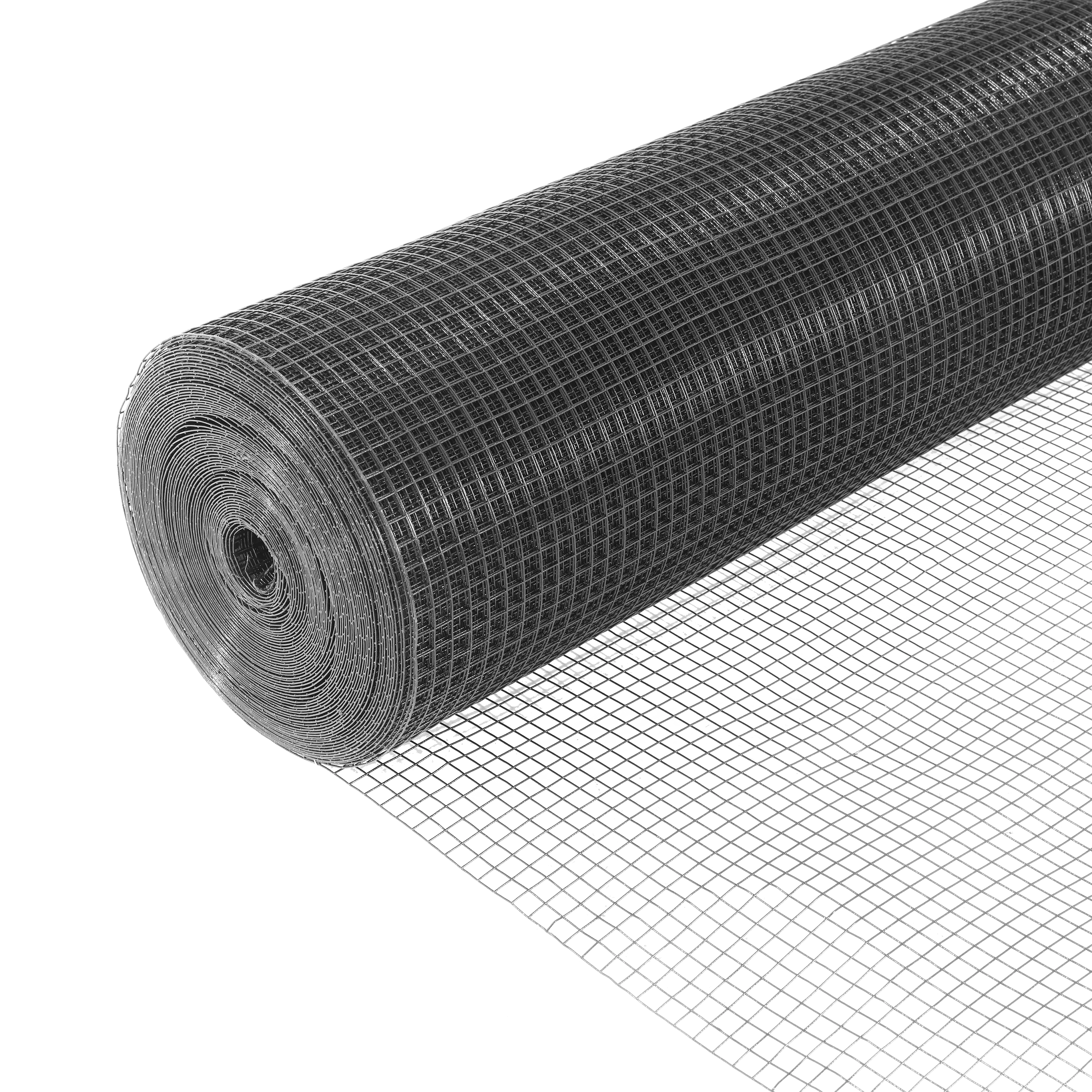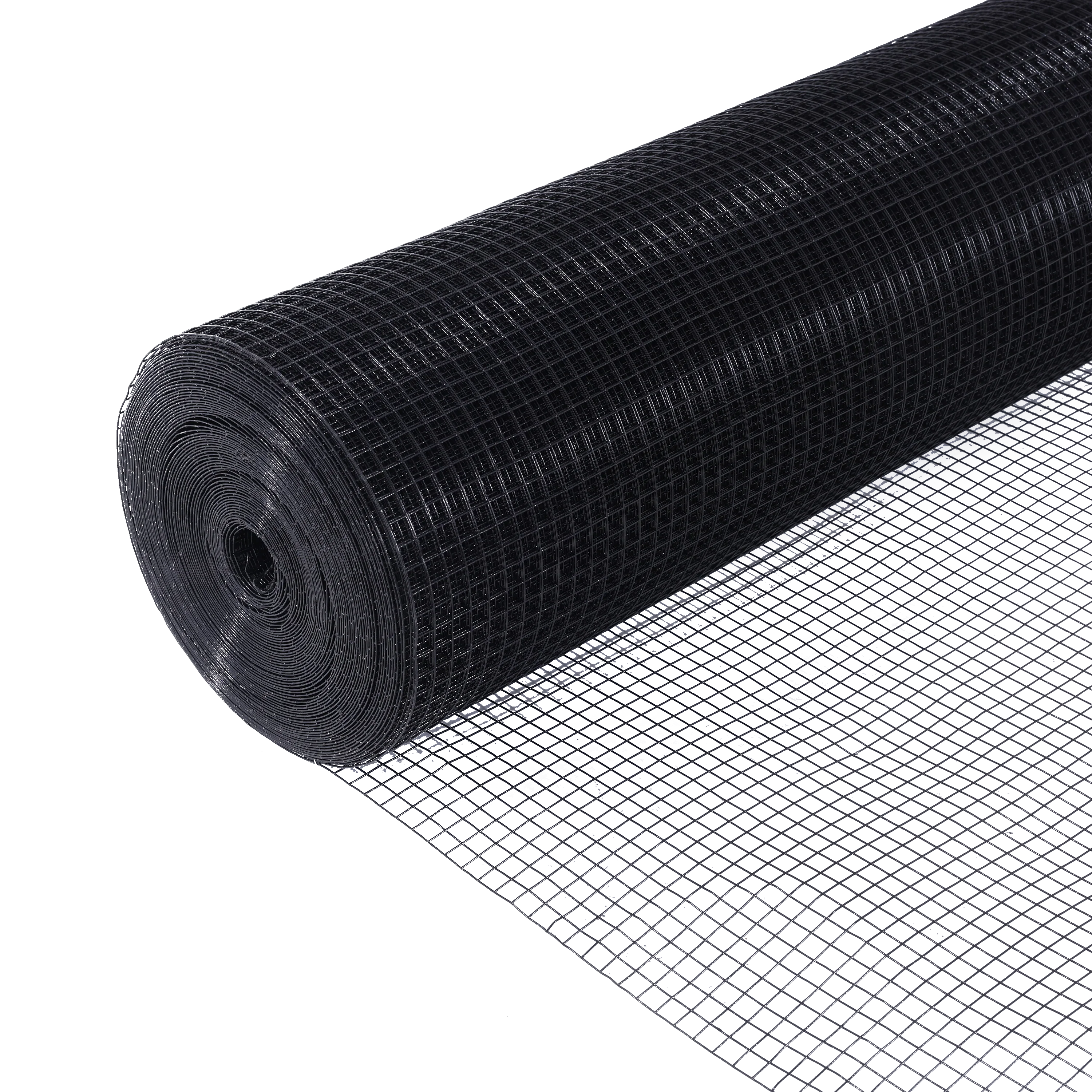Growing pepper plants is a satisfying journey, especially when you pick those colorful, spicy fruits at harvest time. To make that happen, your peppers need the right nutrients at the right moments. A well-planned fertilizing schedule can transform your plants from fragile seedlings into productive powerhouses. In this guide, we’ll cover everything you need to know about fertilizing pepper plants from seedling to harvest, ensuring healthy growth and a bountiful yield.
Why Fertilizing Matters
Pepper plants rely on three main nutrients: nitrogen (N), phosphorus (P), and potassium (K)—commonly known as NPK. Each nutrient supports a different aspect of growth:
· Nitrogen: Boosts leafy, green growth.
· Phosphorus: Strengthens roots and encourages flowers.
· Potassium: Improves fruit quality and plant resilience.
Timing these nutrients to match your plant’s growth stages is the secret to success. Let’s break it down step by step.
Seedling Stage: Building a Strong Start
When your pepper plants are seedlings, they’re focused on developing roots and their first leaves. Overloading them with fertilizer can do more harm than good, so start gently.
· Fertilizer: Use a balanced option like 10-10-10 or 5-5-5.
· How to Apply: Mix a diluted liquid fertilizer—half-strength is perfect—and water the soil around the seedlings.
· When: Begin two weeks after germination, then fertilize every two weeks.
This approach gives seedlings the nutrients they need without burning their tender roots.
Vegetative Growth Stage: Powering Up
Once your peppers grow a few sets of true leaves, they enter the vegetative growth stage. Now, they’re building stems and leaves to support future fruit.
· Fertilizer: Switch to a nitrogen-rich mix, like 20-10-10, to fuel leafy growth.
· How to Apply: Sprinkle granular fertilizer around the plant base or use a liquid feed.
· When: Fertilize every three to four weeks.
Watch your plants—if they get too tall and spindly, cut back on nitrogen to avoid overgrowth.
Flowering Stage: Setting the Stage for Fruit
When flowers appear, your pepper plants are gearing up to produce fruit. Phosphorus takes center stage here to support bloom development.
· Fertilizer: Choose a blend higher in phosphorus, such as 5-10-10.
· How to Apply: Use a liquid fertilizer for fast absorption.
· When: Apply every two weeks.
More flowers mean more peppers, so don’t skimp on this step.
Fruiting Stage: Maximizing Your Harvest
As peppers form, the focus shifts to fruit size, flavor, and quality. Potassium becomes your best friend at this point.
· Fertilizer: Go for a balanced mix or one with extra potassium, like 10-10-20.
· How to Apply: Stick with liquid feeds or use slow-release granules.
· When: Fertilize every three weeks.
This final push ensures your peppers are plump and tasty by harvest time.
Your Pepper Plant Fertilizing Schedule
Here’s a handy summary to keep you on track:
|
Growth Stage |
NPK Ratio |
Application Method |
Frequency |
|
Seedling |
10-10-10 |
Diluted liquid |
Every 2 weeks |
|
Vegetative Growth |
20-10-10 |
Granular or liquid |
Every 3-4 weeks |
|
Flowering |
5-10-10 |
Liquid |
Every 2 weeks |
|
Fruiting |
10-10-20 |
Liquid or granules |
Every 3 weeks |
Extra Tips for Success
· Go Organic: Prefer natural options? Try compost tea, fish emulsion, or bone meal for a slow nutrient release.
· Test Your Soil: A quick soil test can reveal what your plants are missing, letting you adjust your plan.
· Water Well: After fertilizing, water thoroughly to help nutrients soak in and protect roots.
Wrap-Up
A tailored fertilizing schedule can take your pepper plants from seed to harvest with impressive results. By matching nutrients to each growth stage, you’ll enjoy healthier plants and a bigger haul. Grab your fertilizer, set your calendar, and get ready for a spicy reward!






